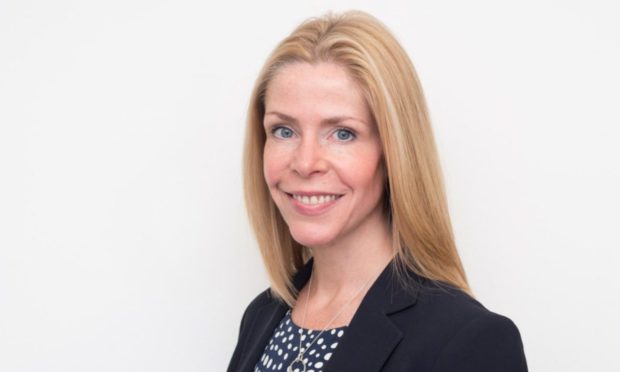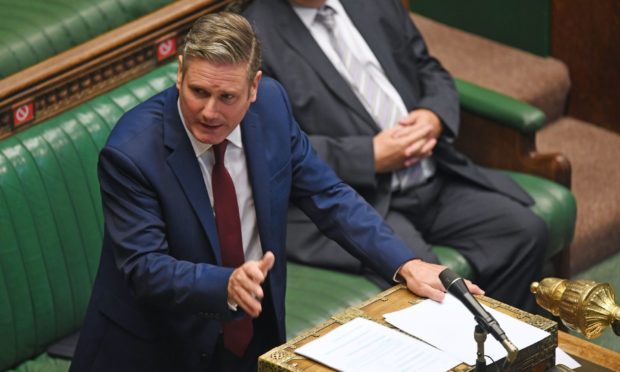Public health expert Linda Bauld has said a stricter quarantine policy that may be introduced by the Scottish Government later today would be “quite tricky” to enforce if the rest of the UK does not co-ordinate with it.
Professor Bauld speculated that Nicola Sturgeon could announce a mandatory hotel quarantine period for “almost everybody” who comes into Scotland when she gives the coronavirus update to parliament later today.
The model could look quite similar to Australia, where anyone travelling from overseas must stay in a hotel for 14 days unless they belong to a small list of exemptions or are coming from a “green safe travel zone” – which, at the moment, includes only New Zealand.
Speaking on BBC Breakfast this morning, Professor Bauld said: “I think what the Scottish Government would like to do is take an approach similar to other countries where effectively a quarantine is applied to almost everybody coming in from overseas.
“What I would be prefer to be called ‘supported quarantines’ where people are adequately supported in a hotel or elsewhere and checked up on regularly.”
The stricter approach has also been advocated by the UK Labour party, who last night called for hotel quarantine periods to be introduced for all travellers into the country.
Currently, only people who are arriving from the 33 countries on the Westminster government’s “red list” need to quarantine for 10 days.
Professor Bauld said: “The UK Government’s suggestion is that will only be from certain countries and the details of that are still not clear.
“The reality is that people won’t necessarily travel directly – so even if you’re saying people from South Africa have to quarantine, someone from South Africa might come via somewhere else.”
However, the University of Edinburgh professor of public health added the rules would be “quite tricky” to impose “unless the UK does this in a co-ordinated way”.
‘Unfeasible’
The UK universities minister Michelle Donelan has called the idea of making all travellers into the country go into quarantine for a period of time “unfeasible”.
She told BBC Breakfast: “We have to be realistic about what we adopt and what we do, and what is deliverable as well, and also targeted in our approach to making sure that we minimise the risk and identifying those countries where we can see the risk.
“So, a blanket policy that Nicola Sturgeon is proposing would not necessarily be as effective as the one that we are suggesting, and also it’s much more doable.”
Government must think about the ‘endgame’ over shutting borders – Sage scientist
Meanwhile, Andrew Hayward, professor of infectious disease epidemiology at University College London (UCL) and a member of the UK government’s Scientific Advisory Group for Emergencies (Sage), said it was important to consider the “endgame” of such a policy.
Speaking to Sky News, he said: “The real challenge here is that, well, yes, you can think about completely shutting the borders or having quarantine, (but) what’s the endgame in that?
“Is that something that you’re going to do forever, because it looks like these strains may continue to arise in the long term?
“So we need some sort of sustainable strategy, and I think that’s very difficult for politicians to think about that.”

